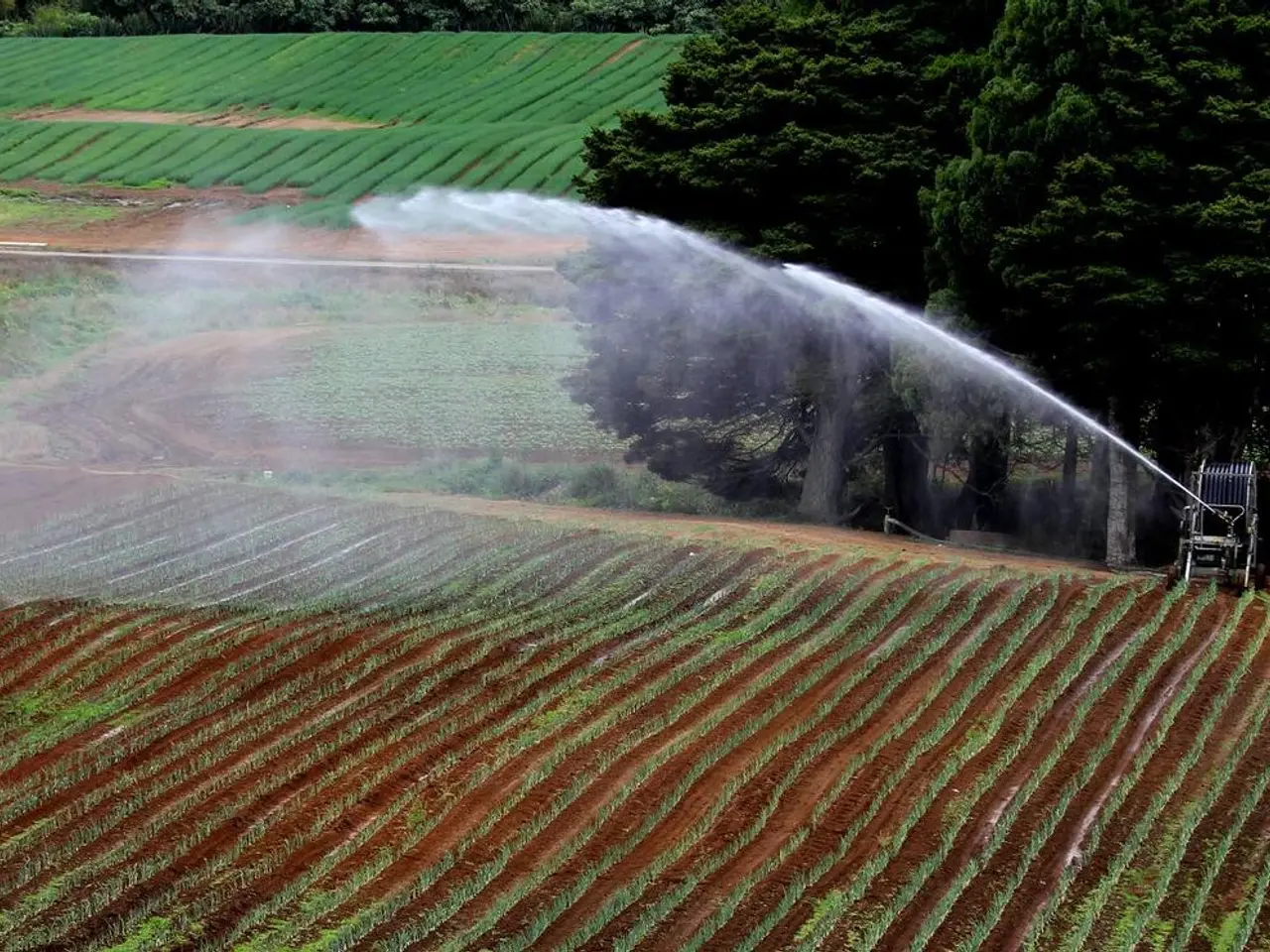PepsiCo and the National Geographic Society Start Worldwide Initiative on Sustainable Agriculture named "Food for Tomorrow," Focusing on Regenerative Agriculture Practices
National Geographic Society and PepsiCo have unveiled a new global initiative called Food for Tomorrow, aimed at accelerating the transition to regenerative agriculture. The program, which was framed by National Geographic Society CEO Jill Tiefenthaler as a generational imperative, seeks to reimagine a system that nourishes both people and the planet.
The Food for Tomorrow program will focus on three main areas: Explorer-Led Storytelling, Scientific Grants, and Data Mapping. Five National Geographic Explorers will produce films, imagery, and narratives documenting how farmers across regions are adopting regenerative practices. These short films will depict farmers experimenting with cover crops, reduced tillage, and diversified rotations, methods aimed at reducing emissions and building resilience against droughts and floods.
In addition to storytelling, the program will also fund up to five projects under the "Building Resilience in Agriculture" initiative. These projects will prioritize nature-positive, scalable proposals that apply research to real-world conditions. Applications for these projects are open until September 30, 2025.
The Food for Tomorrow program aligns with international frameworks like the UN Food Systems Summit commitments and the EU’s Farm to Fork strategy, focusing on soil health and regenerative methods. It also aims to build credibility with local communities and investors by linking lived experience with scientific validation.
PepsiCo has pledged to expand regenerative, restorative, or protective farming practices across 10 million acres by 2030. Ramon Laguarta, Chairman and CEO of PepsiCo, stated that climate change is putting unprecedented pressure on the global food system, and the collaboration aims to provide solutions for making businesses and farmers more resilient.
The success of the Food for Tomorrow program will be judged by its ability to accelerate systemic change in the agriculture sector, which sits at the intersection of climate, biodiversity, and global health. Soil degradation is a systemic threat to global food supply chains, financial stability, and climate objectives. If regenerative practices are adopted at scale, they could contribute to emission reduction targets and improve farmer livelihoods.
A dynamic visualization platform, scheduled for launch in 2026, will chart regenerative practices and their impacts on soil, water, and climate resilience. This tool will be accessible to scientists, farmers, and policymakers, offering evidence-based insights for decision-making.
The Food for Tomorrow initiative demonstrates how global food brands, such as PepsiCo, are incorporating regenerative agriculture into their core business models. The program could influence procurement strategies and investor scrutiny within the industry, as climate and biodiversity goals reshape the sector.
In conclusion, the Food for Tomorrow program is a significant step towards a more sustainable future for agriculture. By combining scientific research, data visualization, and storytelling, the program aims to demonstrate how farming practices that restore ecosystems can underpin long-term food security.
Read also:
- Dual-function mattress offers both cooling and coziness at an affordable price.
- Ontario falls short by a small margin in delivering the goal of four hours daily care for long-term care residents.
- "Thrilled response" from animal rights organization following cessation of canine testing at London, Ontario healthcare facility
- Altruistic zeal and a drive to instigate beneficial transformation







